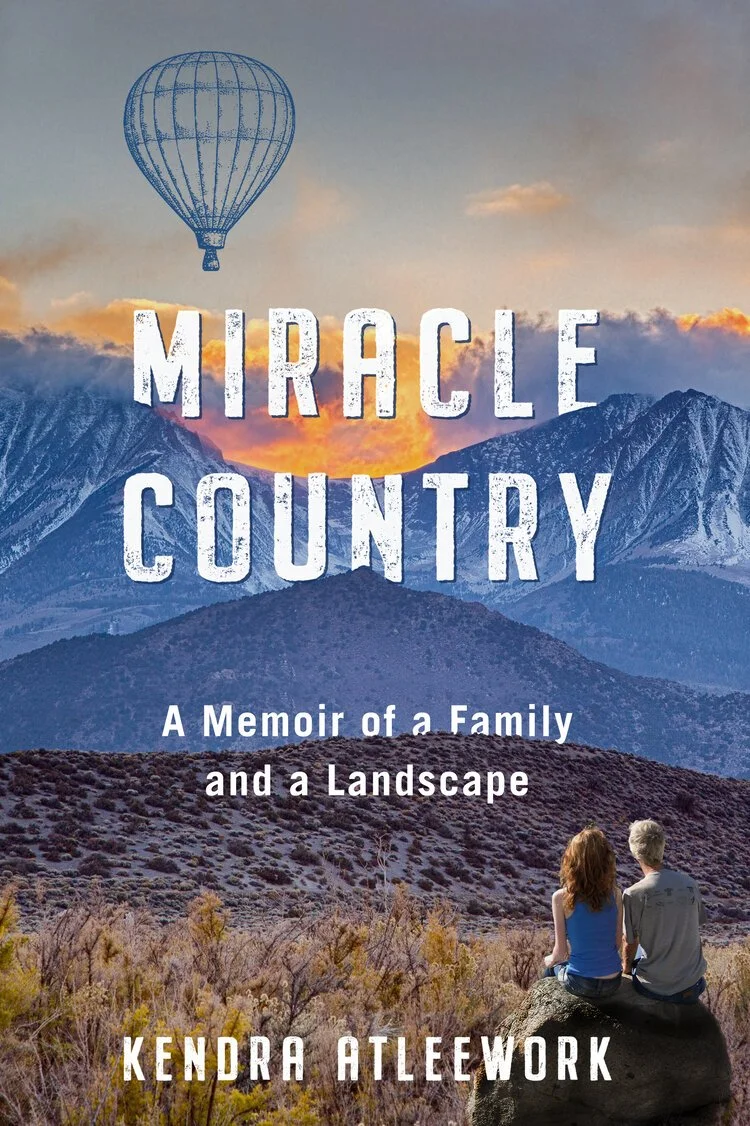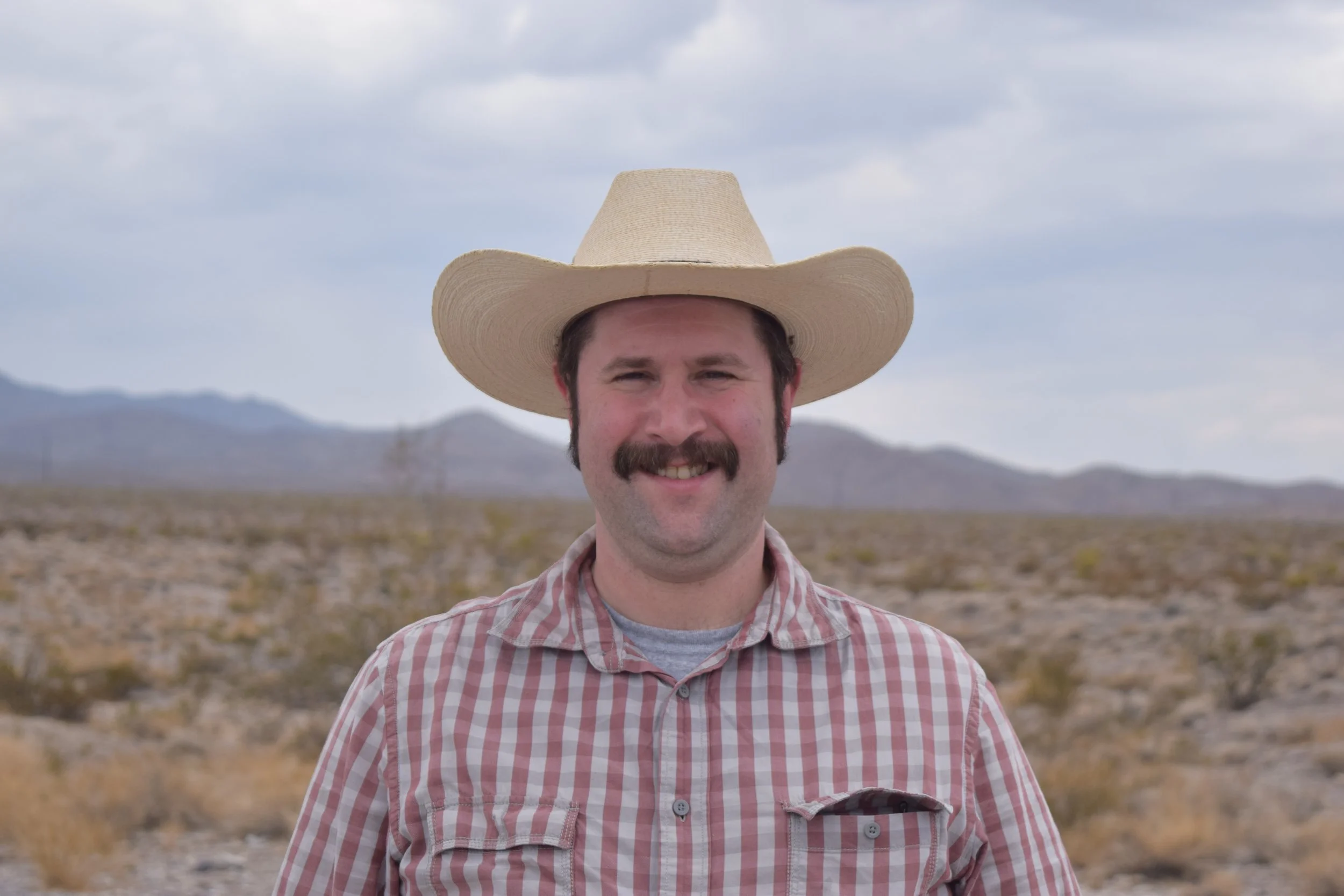Dylan Person
I’m a desert archaeologist, which means the way that people interact with arid landscapes is a key part of my research and fieldwork. When people live in an area, they adapt to their environmental circumstances and use human innovation to make the environment more favorable to human life. Sometimes this works and sometimes it doesn’t. Miracle Country by Kendra Atleework showed that in the history of the Owens Valley starting from Paiute people in their valley of Payahuunadu to Euro-American settlers who impressed their own name and vision, through the water wars and major environmental alterations brought by the City of Los Angeles. Atleework captures the loss and sense of inevitability in these changes while ably conveying the unbreakable connection between the land and its people, regardless of the effects of history.
Atleework’s deep feeling for the valley she grew up in really comes across in her writing. Intertwined with this is her own family history—a story of happiness, trouble, loss, and love. She tells of a family fractured by grief that came back together, embracing each other in the midst of change. I could see parts of my own family story in this, as I think most of us could. Atleework’s openness about her life speaks to her courage as a writer and gives her memoir a bittersweet authenticity that speaks for herself and the land that shaped her.
Dylan Person is an archaeology doctoral graduate student in the Department of Anthropology at the University of Nevada, Las Vegas (UNLV), where he studies the relationship between technology, social groups, and culture, as well as how archaeology can show ways this knowledge is transferred through learning groups. Originally from southwestern Virginia’s Blue Ridge Valley, Dylan moved to Las Cruces, New Mexico to study desert archaeology at New Mexico State University, where he earned a Master’s degree working on a 14th century pueblo site in southern New Mexico. At UNLV, his work focuses on early agricultural sites in the uplands of southwestern New Mexico. As a complement to his UNLV studies, Dylan works at Desert Research Institute with both Native American and U.S. Cold War archaeology at sites in southern Nevada.


